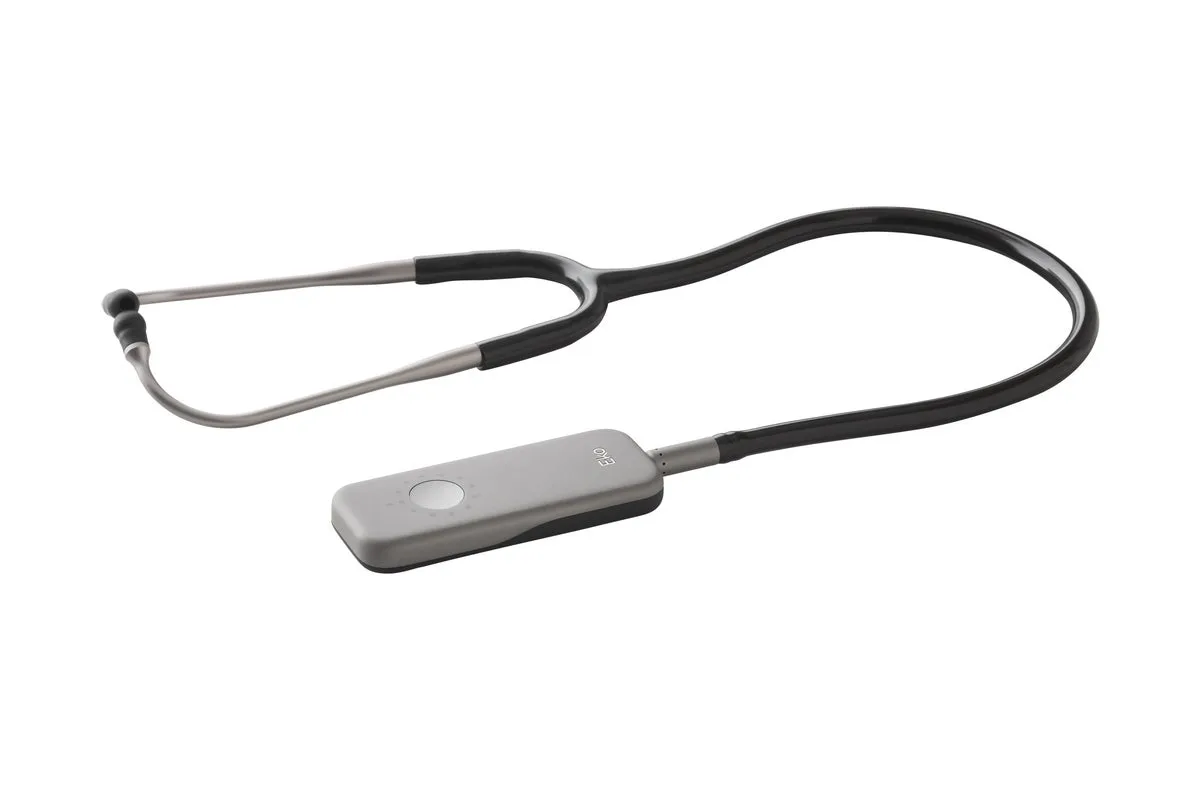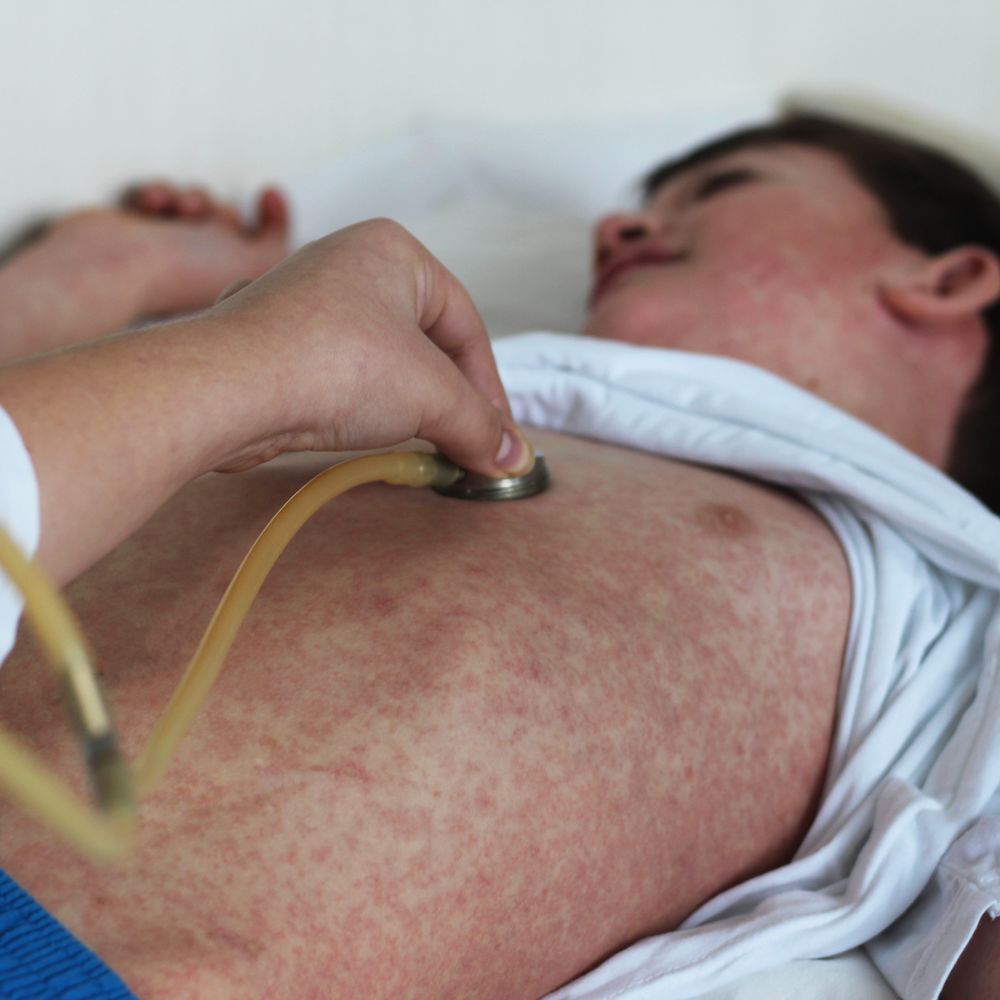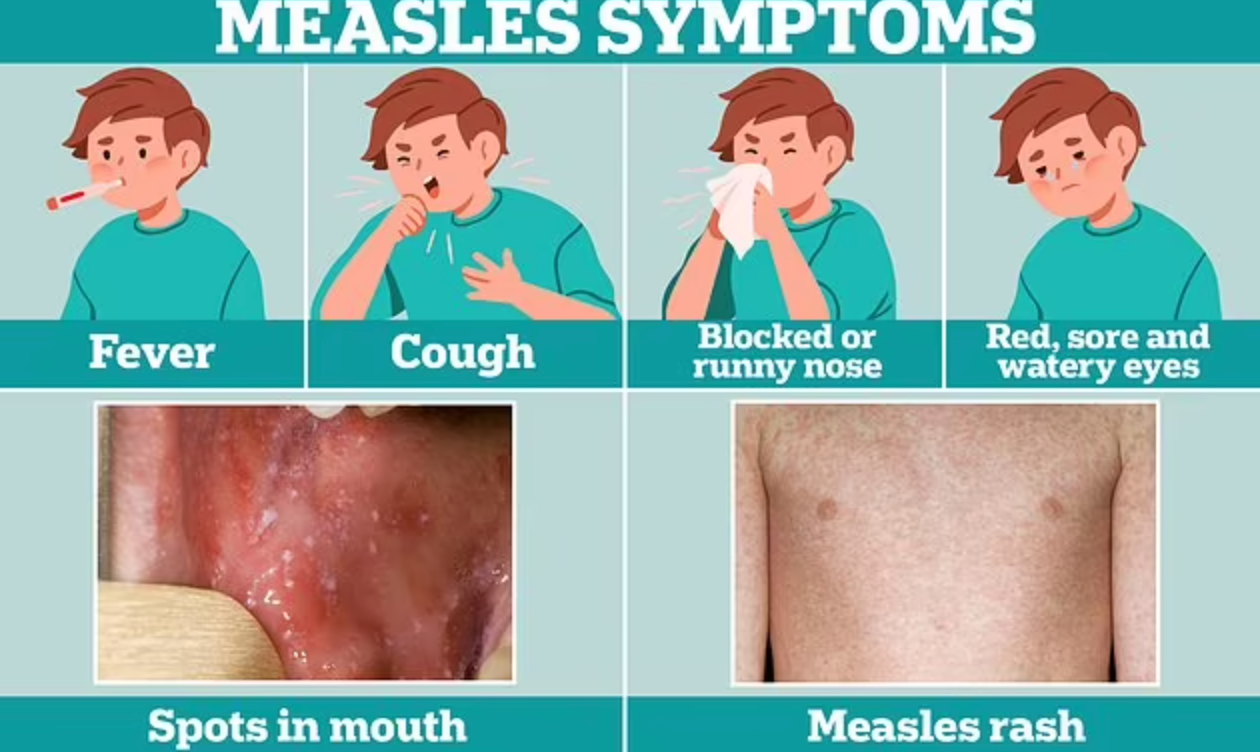The ketogenic diet is a diet aimed at weight loss, but how can you maximize it? You need to eat the right percentages of food.
The ketogenic diet is a diet aimed at weight loss, but how can you maximize it? You need to eat the right percentages of food. There are small precautions to maximize this type of diet, without reporting deficiencies or damage to health. It all depends on what you assume. To make this diet perfect, there are certain foods, by percentage, to eat.
This diet was designed to lose weight in a short time, low in carbohydrates, but high in healthy fats. In recent times it is particularly fashionable, both among sportsmen and sedentary people. It is very effective, but you have to know how to deal with it wisely, first planned a century ago to make the obese lose weight quickly. What’s it about?

What to eat on the ketogenic diet
It is not a diet suitable only for obese people but, as mentioned, also for athletes. It serves precisely to increase the energy of the body, while weight is suddenly lost. Coping properly with this diet allows you to prevent many cardiovascular diseases, hypertension, hypertriglyceridemia, and accumulation of blood sugar.
But how to best maximize it? Obviously, it is necessary to reduce carbohydrates, consequently sugars, recovering energy from healthy fats and proteins. This process is called ketosis, in fact. Basically, the body burns fat, producing ketones and acetones. To deal with this diet you have to be careful, in order not to report health problems. Therefore you must always be followed by a nutritionist.
Drastically reducing carbohydrates is not easy, their intake is very limited, only 30-50g per day, very few. Furthermore, this diet is divided into:
- about 75% fat
- 20% protein
- 5% carbohydrates
By consuming these percentages of foods, the body enters ketosis. Carbohydrates do not provide the necessary energy and so the body takes it from elsewhere, consuming fat reserves. To make the most of this diet, it is necessary to take healthy fats, present in foods such as extra virgin olive oil, eggs, meat and fish, dried fruit. Consume lots of fresh vegetables and avoid starchy foods, such as potatoes and pumpkins.
Many add intermittent fasting to their diet, that is, they only eat at certain times. In addition, you need to drink lots of water, herbal teas, tea, fruit, and vegetable extract to absorb nutrients, such as vitamins and minerals. If carbohydrates are limited to the maximum, you shouldn’t overdo it even with proteins.




